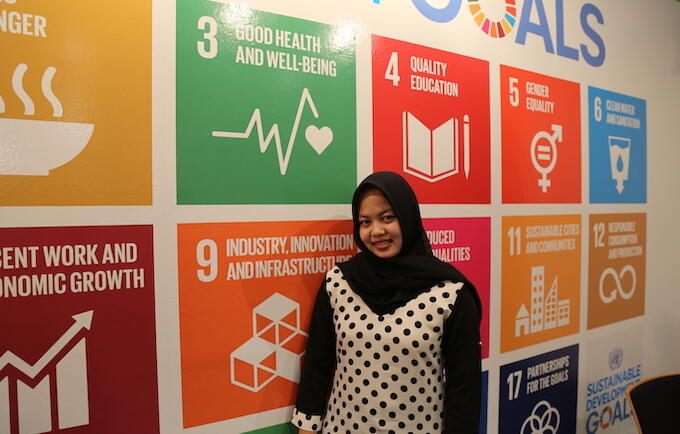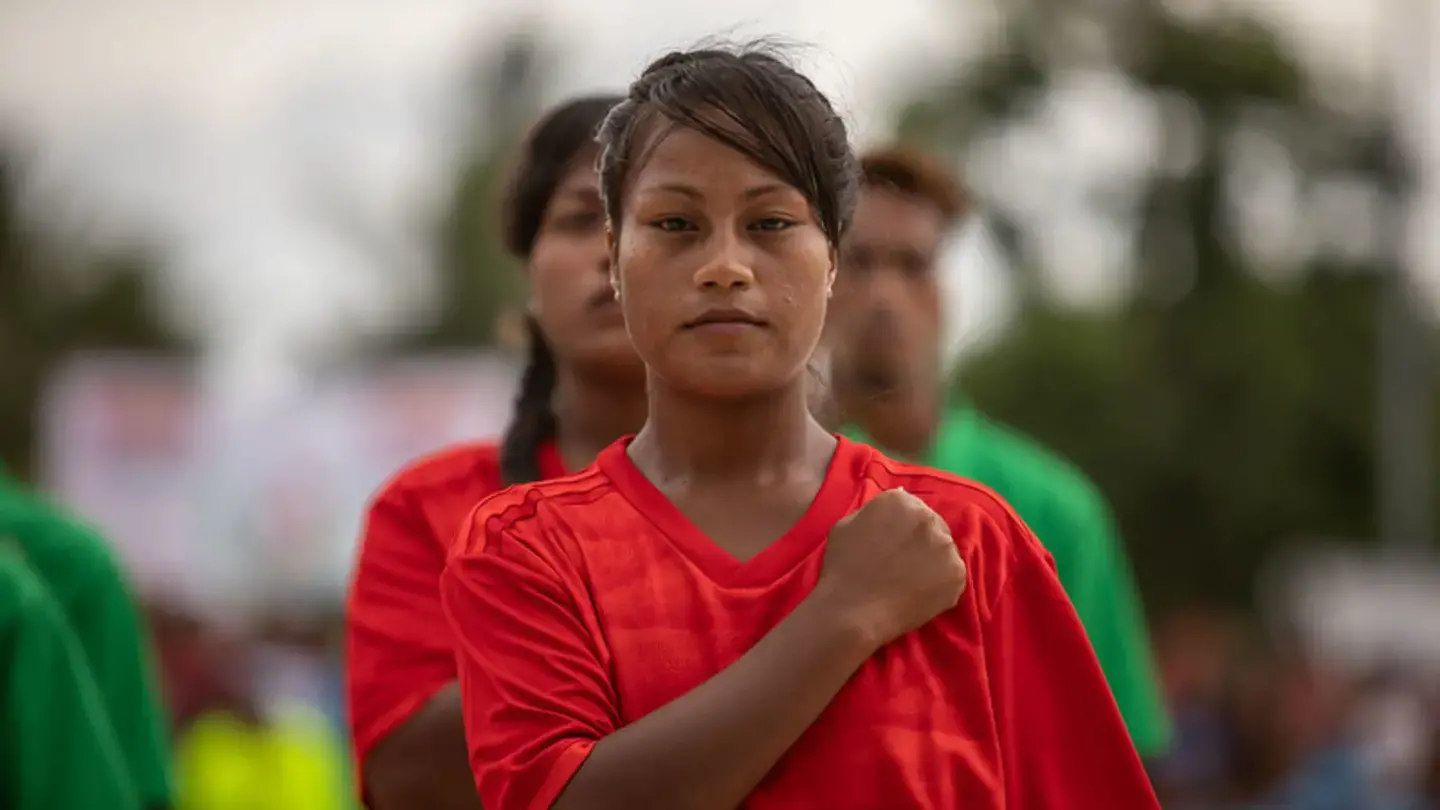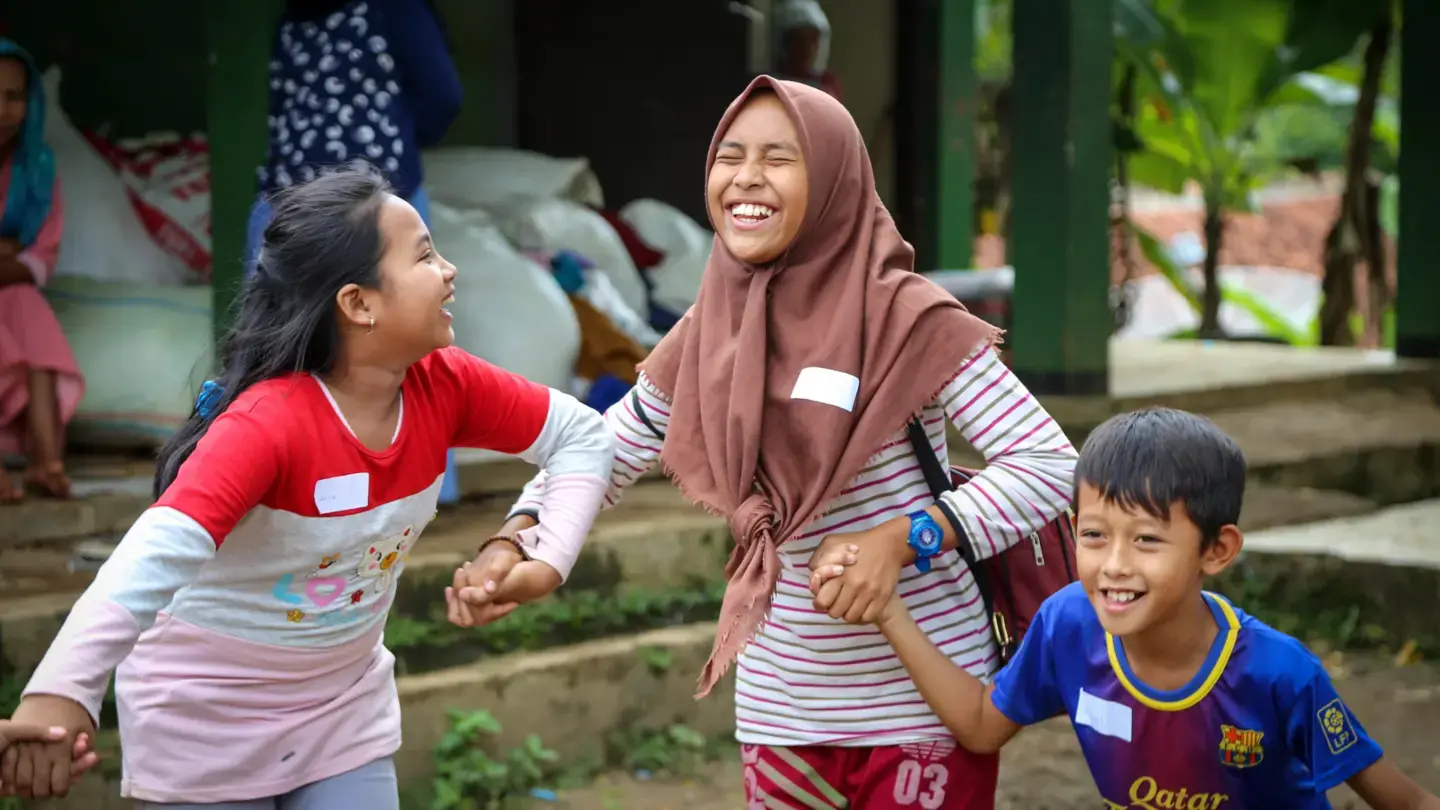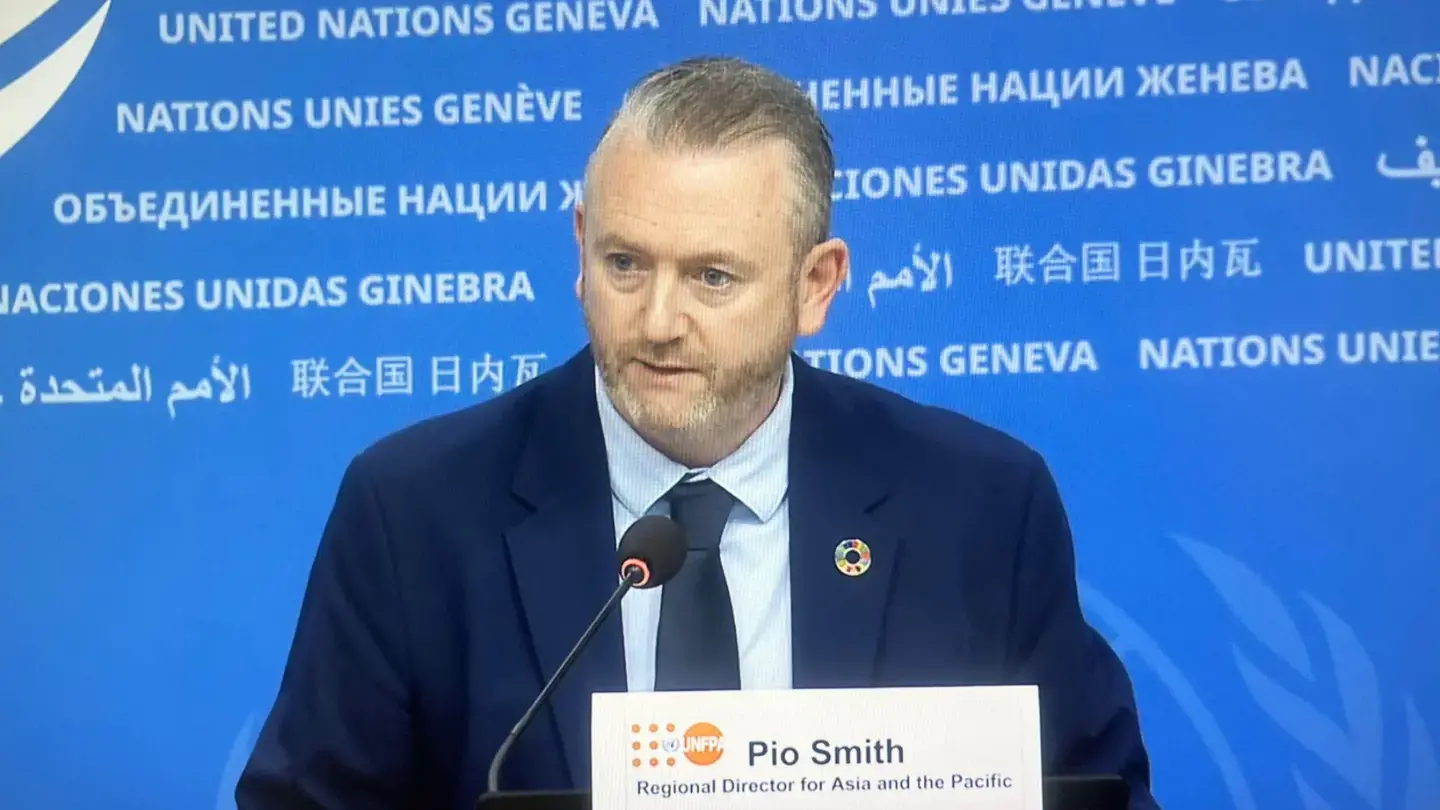Indonesia - When Suci Maesaroh went to midwifery school in Indonesia, female genital mutilation was not covered in the curriculum. But as soon as she began to practice, it became clear that performing FGM was an expectation of her profession.
“I learned how to do female circumcision and directly practiced it in the community,” Maesaroh explains matter-of-factly. “During my work in the clinic, for two years, I performed FGM, or female circumcision, on my patients because it was part of the service package I delivered.”
She remembers it vividly: “Every time a family asked me to do so, I circumcised the baby with a clamp on a sensitive part of a newborn baby. I pinned it until the baby cried, otherwise I cleaned it before I just pinned it. Then the baby cried.”
Although FGM is most widely associated with parts of Africa, it is a global practice. It takes place in communities around the world, across ethnicities and religions. In Indonesia, the practice is known to take place but it is not well studied.
Maesaroh was not aware of FGM until she began to perform it as a midwife. “Initially, I did not know whether female circumcision was dangerous or not, because it is just performed to follow religious and cultural practices,” she recounts.
Two years into her career, she attended a workshop on FGM, supported by UNFPA, which covered the physical and psychological consequences of the practice -- from pain and loss of sensation to risk of haemmorhage and death. “The next day I promised myself that I would not perform FGM anymore. And I started to inform my patients, to educate my patients on the health facts about FGM.”
Maesaroh also took her stance public, posting about it on social media and speaking about it within the community.
She discovered that many parents were not strongly attached to the practice. “Most of my patients did not know what female circumcision is, or why it is practiced. They just followed what, according to them, were religious or cultural beliefs. After informing them patiently, some of them finally also refused to have FGM performed on their daughters.”
But Maesaroh also faced strenuous opposition -- most surprisingly from her own family and colleagues. “Even my mother told me FGM or female circumcision was the family tradition,” she says.
“Lots of my friends opposed me,” she adds, noting that some midwives argued in favour of FGM because it offers a source of income. “I emphasized that we should not be looking for a source of profit if it can harm the patient.”
Maesaroh quit working at the clinic where FGM was considered a routine procedure. She now provides services directly to pregnant and post-partum women. During house calls, she tells families that FGM is a dangerous practice with no religious basis and no health benefits.
She says she is haunted by the years she spent performing FGM. “I sometimes feel sorry because I did not think that, for example, clamping sensitive parts or the clitoral part would feel very painful,” she says.
But she has hope that things will change. Over time, her family and many of her friends have come around to her perspective. “Finally, my parents now also support me in the movement to not do any more female circumcision.”
Maesaroh says the effort to end FGM must be led by health workers, who have the authority and credibility to convince parents to abandon the practice.
“I am quite sure if we explained to our patients, they will not ask or will not want their girls to be circumcised,” she says.
Learn more about combatting harmful practices, including this story, in “Against My Will,” UNFPA’s flagship State of World Population Report 2020, launched June 30.
Take an in-depth look at the drivers, consequences and ways forward to end child marriage, female genital mutilation, son preference and gender-biased sex selection once and for all.





